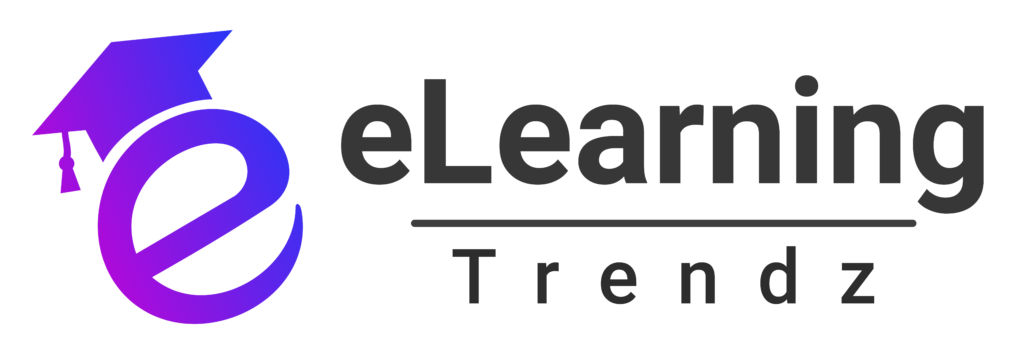In the age of digital transformation, educational institutions and businesses have had to rapidly adapt to new ways of learning. Remote and hybrid learning have become the new normal, and this shift has introduced both opportunities and challenges. One of the key enablers of these learning environments is a Learning Management System (LMS). Specifically, a Free LMS in supporting remote and hybrid learning can play a pivotal role in ensuring that learners and educators have access to essential tools, without the financial burden. In this blog, we will explore how a Free LMS can be the backbone of remote and hybrid learning environments, the benefits it provides, and how it supports learner engagement and progression.
Start Scaling Your L&D Today with Free Tools
Unlock the Potential of Free Tools to Revolutionize Your Learning Strategy!
What is an LMS, and How Does It Support Remote and Hybrid Learning?
A Learning Management System (LMS) is a software application that helps organizations or educational institutions administer, deliver, and track learning and training programs. It provides a centralized platform for instructors and learners to interact, access resources, and track progress.
In remote and hybrid learning environments, where learners are either at home or in a mixed setting with some in-person sessions and others online, an LMS ensures that learning continues seamlessly across diverse locations. A Free LMS in supporting remote and hybrid learning becomes essential by removing financial barriers and ensuring that both instructors and learners have access to all necessary resources for effective education.
How Can Free LMS Enhance the Learning Experience?
A Free LMS offers several features that can enhance both the teaching and learning experience in remote and hybrid environments:
- Access to Learning Anytime, Anywhere: One of the primary benefits of remote and hybrid learning is flexibility. A Free LMS allows students to access course materials and resources anytime, anywhere. Whether students are at home, at a coffee shop, or attending an in-person class, they can easily access their learning materials through the LMS platform.
- Real-Time Communication: Communication is crucial for successful remote and hybrid learning. A Free LMS typically includes built-in communication tools such as forums, discussion boards, chat functions, and direct messaging. These tools help students and instructors engage in real-time discussions, clarifying doubts and collaborating on assignments or projects.
- Automated Progress Tracking: In a remote or hybrid learning environment, it’s difficult for educators to keep track of each student’s progress manually. A Free LMS provides automated tracking of students’ activities, assignments, and assessments. Instructors can monitor student performance, identify areas where learners may be struggling, and intervene proactively.
- Content Delivery and Collaboration: A Free LMS allows instructors to upload and organize various types of learning content, including videos, articles, quizzes, and assignments. Hybrid and remote learners benefit from having these materials in one central place, which helps with easier navigation and access. Additionally, collaborative tools like shared documents and group discussions can foster peer-to-peer learning.
- Data Analytics for Better Decision Making: For administrators and educators, a Free LMS provides valuable data analytics that can help improve the learning experience. Metrics such as learner engagement, completion rates, and assessment performance allow instructors to adjust content and teaching methods to suit student needs better.
🚀 Ready to See Paradiso LMS in Action?
Let's show you how Paradiso LMS can work for you.
🎯 Get a Free LMS NowWhat Are the Key Benefits of Using a Free LMS for Remote and Hybrid Learning?
The role of a Free LMS in supporting remote and hybrid learning is undeniable. Here are some key benefits of using a Free LMS:
1. Cost-Effectiveness
Perhaps the most significant advantage of a Free LMS is its cost-effectiveness. In a time when schools and organizations are exploring ways to reduce their budgets, offering a Free LMS in supporting remote and hybrid learning ensures that educational programs remain accessible to all learners, regardless of their financial status. This is particularly beneficial for institutions or small organizations with limited budgets, as they can avoid the hefty subscription fees associated with premium LMS platforms.
2. Scalability
A Free LMS provides scalable solutions that grow with your institution’s or organization’s needs. As the number of learners increases or more programs are added, a Free LMS can handle a larger volume of users and content. This scalability ensures that the system can evolve with the organization, without the need for constant updates or additional software.
3. Integration Capabilities
Another key feature of a Free LMS in supporting remote and hybrid learning is its ability to integrate with other tools and platforms, such as video conferencing software (Zoom, Microsoft Teams) and productivity tools (Google Drive, Microsoft Office). These integrations enhance the remote and hybrid learning experience, enabling seamless connections between various learning resources.
3. Integration Capabilities
Another key feature of a Free LMS in supporting remote and hybrid learning is its ability to integrate with other tools and platforms, such as video conferencing software (Zoom, Microsoft Teams) and productivity tools (Google Drive, Microsoft Office). These integrations enhance the remote and hybrid learning experience, enabling seamless connections between various learning resources.
4. Improved Engagement and Retention
The interactive features of a Free LMS—such as quizzes, gamification, and discussion forums—keep learners engaged and motivated to participate actively in the learning process. By making learning fun and interactive, a Free LMS helps increase student retention rates, ensuring learners stay committed to completing their courses.
5. Customization and Flexibility
A Free LMS offers flexibility in customizing course materials, design, and user experience. Administrators can tailor the LMS to fit the needs of the learners and educators, making it a versatile tool for a wide range of learning environments. Customization options ensure that the learning system meets specific pedagogical goals and aligns with the organization’s branding.
Can a Free LMS Provide the Same Features as Paid LMS?
- Course creation and management
- Mobile-friendly access
- Integrated assessment and grading tools
- Built-in communication tools
- Reporting and analytics dashboards
By choosing a high-quality Free LMS in supporting remote and hybrid learning, users can benefit from a comprehensive set of tools that rival many paid LMS systems, making it an excellent choice for educational institutions and organizations with budget constraints.
How Do You Choose the Best Free LMS for Your Organization?
Selecting the best Free LMS involves considering several factors that align with your organization’s needs. Here are some tips to help you make the right choice:
- Ease of Use: A user-friendly interface ensures that both instructors and learners can navigate the platform without difficulty. Look for an LMS that is intuitive and easy to use, reducing the learning curve for everyone involved.
- Customization Options: Choose a Free LMS that offers customization features to personalize the learning experience. This includes branding the platform, customizing course structures, and adjusting user permissions.
- Support for Remote Learning Features: Ensure the LMS supports essential remote learning tools like video conferencing integration, collaborative workspaces, and real-time communication features.
- Scalability: Your LMS should grow with your organization. Opt for a Free LMS that can handle increased users, content, and data analytics as your needs evolve.
- Security and Privacy: Protect your learners’ data by choosing a Free LMS that complies with relevant data privacy regulations (e.g., GDPR, FERPA). Ensure that the platform uses secure hosting and encryption methods.
Empower your hybrid classrooms with a Free LMS that keeps learners connected anywhere.
Simplify remote learning management - explore how a Free LMS can transform your teaching model.
FAQ: Free LMS in Supporting Remote and Hybrid Learning
1. What is the role of a Free LMS in hybrid learning?
A Free LMS serves as a centralized platform for delivering and managing content, tracking student progress, and facilitating communication in hybrid learning environments. It allows educators to effectively manage remote and in-person learners simultaneously.
2. Can a Free LMS be used for corporate training in hybrid settings?
3. Are there any limitations to using a Free LMS for remote learning?
Key Takeaways
- A Free LMS is a vital tool for supporting remote and hybrid learning by offering flexible, scalable, and interactive features that enhance the learning experience.
- It enables access to educational content anytime, anywhere, fostering engagement and collaboration in remote environments.
- Free LMS platforms are cost-effective solutions that provide key learning management functionalities, often without the financial constraints of paid systems.
- When selecting a Free LMS, ensure that it offers ease of use, customization, scalability, and strong security features.
Ready to start your journey in supporting remote and hybrid learning with a Free LMS?















